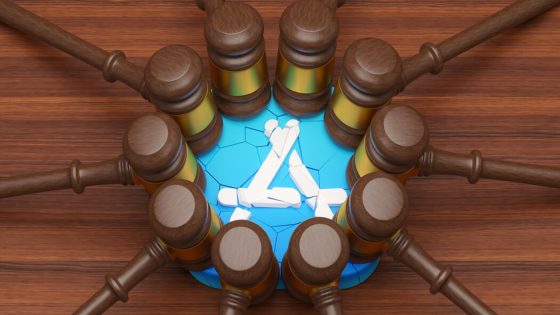The use of debit cards has been prevalent in the U.S. for decades, and for good reason. They offer several advantages over other forms of payment, such as cash and checks.
However, they also have a few downsides — and knowing what these are might make you rethink how you’re paying (at least in some cases).
Don’t miss
Since 2005, the number of debit card transactions in the U.S. has exceeded the number of credit card transactions, according to data from the most recent Federal Reserve Payments Study — and that gap has been steadily increasing.
In 2021,for example, there were 87.8 billion non-prepaid debit card transactions versus 51.1 billion credit card transactions.
But what is your bank neglecting to tell you about debit cards? Here are a few things you need to be wary of.
Pros and cons of debit cards
Many people prefer the convenience of a debit card, versus carrying around cash. These days, debit cards are accepted at most retailers (while checks are only accepted at a select few), and they’re not subject to surcharges that some merchants charge for using credit cards.
Another advantage is that using debit can help to control spending. You only spend what you have, and you can easily monitor transactions since they appear in your account immediately. This can help to prevent you from racking up debt.
But there are some downsides. Most debit cards have a daily spending limit, which can be an issue if you need to make a large purchase or several small purchases in a day.
Additionally, a debit card will not help you build a credit history, and if you spend more than you have in your account, you could be charged overdraft fees. While many credit cards offer rewards for spending, this isn’t as common for debit cards.
Beware of phishing and skimming
Perhaps the biggest downside is the potential for fraud, such as phishing or skimming.
Phishing is when criminals attempt to steal your personal information (such as your bank account number) by posing as a legitimate financial institution in an email, phone call or text, or via a fake website. Never click on email or text links from sources you don’t know, and never share personal or confidential information.
Skimming occurs when a device that captures cardholder data or PINs is installed on an ATM, point-of-sale (POS) terminal or fuel pump. Criminals then use the collected data to steal from the victims’ accounts.
According to data from FICO, debit card skimming grew by 96% in 2023 from the previous year, with more than 315,000 cards compromised in the U.S. through almost 1,600 skimming incidents.
Read more: Rich young Americans have lost confidence in the stock market — and are betting on these assets instead. Get in now for strong long-term tailwinds
How to protect your financial data
Try to use ATMs in well-lit indoor spaces (and avoid them in touristy areas). If you’re using a debit card at a gas station, protect yourself from skimming by using a fuel pump that’s in view of the attendant or pay inside instead of at the pump.
Inspect ATMs and POS machines for anything that looks damaged; if something doesn’t look right, don’t use it. And always cover the keypad when you enter your PIN. If your debit card has chip technology, use this instead of the magnetic strip.
Be sure to monitor your account for unauthorized transactions and immediately report anything suspicious to your financial institution. It’s also prudent to use a strong password and two-factor authentication.
When to use a credit card instead
Credit cards also come with the risk of fraud, but they tend to have better fraud protection than debit cards. The Fair Credit Billing Act limits your liability for unauthorized transactions to $50 and, depending on the circumstances, you often pay nothing.
If your debit card is lost or stolen or your PIN is stolen — and you report it within two days — you’ll only be liable for $50 of any unauthorized transactions that occur. But if you wait longer than two days, you could be liable for up to $500; if you wait 60 days or more, you could end up paying the full amount.
If your PIN has been stolen (even if your card hasn’t been lost or stolen), you could still be held responsible for unauthorized transactions that appear on your statement — which is why it’s so important to regularly check your transactions.
It can take weeks or even months for a financial institution to investigate and remediate any unauthorized transactions — and during that time you won’t have access to the funds that were stolen from your account.
If you’re worried about fraud, then you may want to use your credit card more frequently than debit. But, while credit cards typically offer better protections, you’ll want to make sure you pay your bill in full when it’s due to avoid accruing debt.
What to read next
This article provides information only and should not be construed as advice. It is provided without warranty of any kind.
Source Agencies


